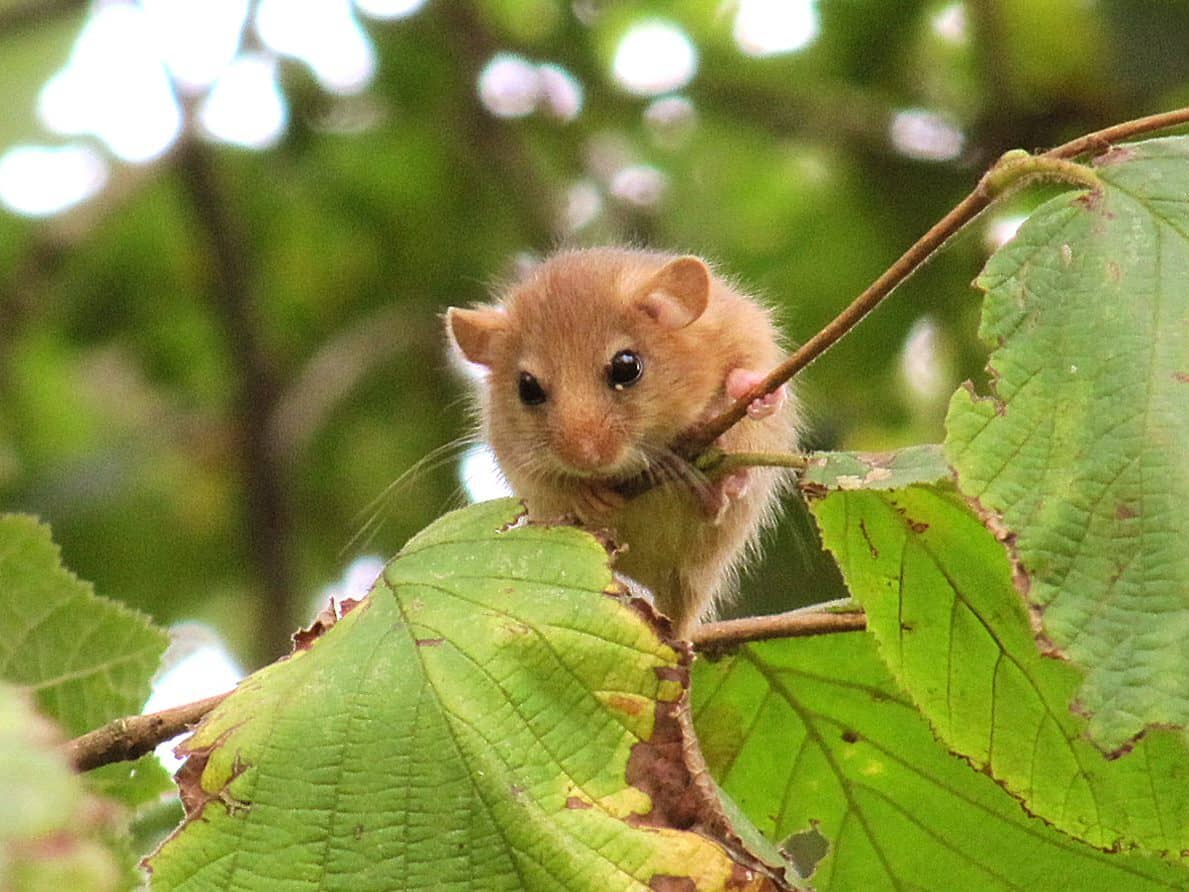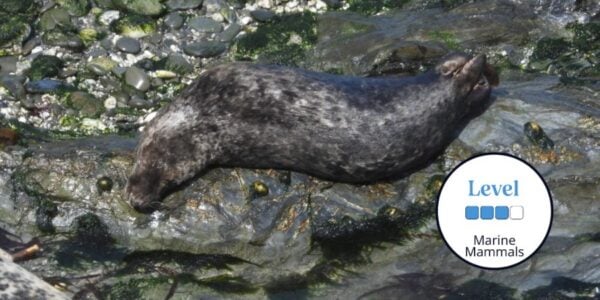A course focusing on the ecology of the hazel dormouse for anyone with a professional or strong amateur interest in the species. The course will spend much of the days in the field and will cover hazel dormouse ecology, survey techniques and habitat management requirements.
This short course will introduce you to the complex ecology of dormice and explore ways to conserve them. It will also provide an opportunity to experience surveying and monitoring skills for this species.
This course will cover:
- The ecology of dormice and reasons for their scarcity
- Surveying methods such as looking for nibbled hazelnuts and dormouse nests, using footprint tunnels, nest tubes and nest boxes
- Habitat management and conservation strategies for dormice
- Interpreting the legislation protecting dormice
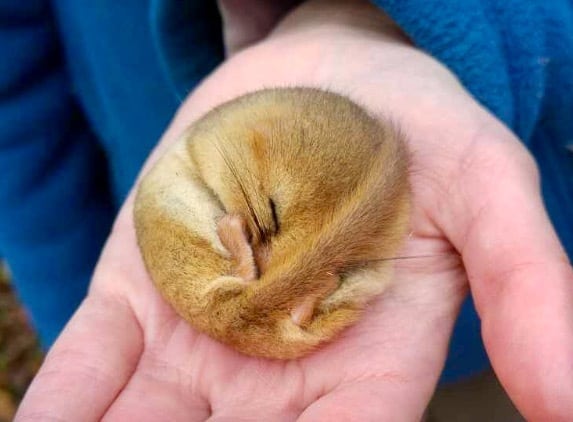
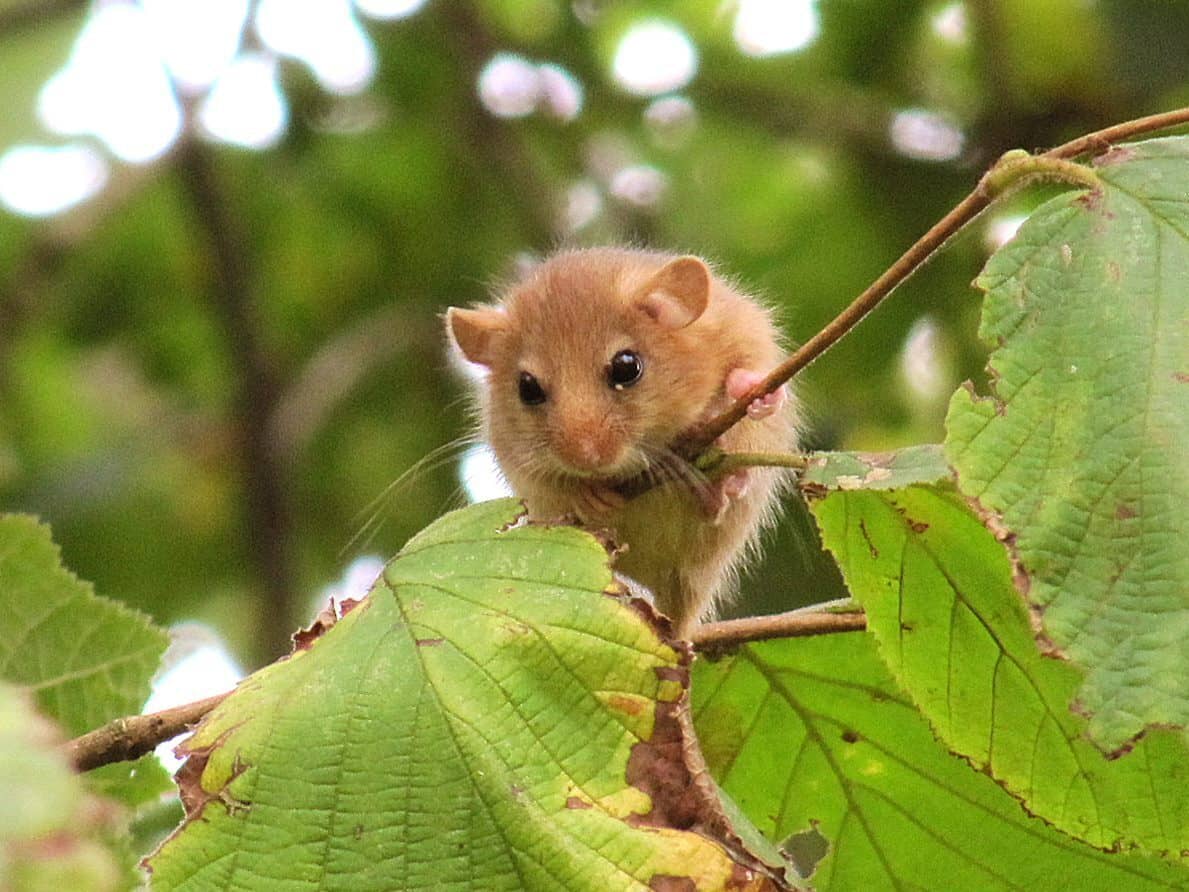
Read More
The hazel or common dormouse has undergone a significant decline during the last century and are now described as vulnerable to extinction in Britain’s Red List. Their conservation depends on accurate data from surveys and sympathetic habitat management. They are fully protected under UK and European Law.
Despite a range of available techniques, hazel dormice are highly elusive and can be difficult to detect. How and where to survey for dormice and the methods used are critical factors when attempting to find them.
You will be introduced to the complex ecology of dormice and will explore ways to conserve them. The course will also provide an opportunity to experience dormouse surveying in the field and how to maximise opportunities for detecting them.
By the end of this course, you will:
- Have an understanding of dormouse ecology
- Be able to identify a range of dormouse field signs
- Understand how and where to place survey equipment in the field to optimise the chances of detecting dormice using various techniques
- Gain an understanding of habitat management in the presence of dormice
- Understand the legislation protecting dormice
Who should attend? – This course is suitable for anyone who has a strong interest in this species, but the course is particularly relevant for professional ecologists and land managers.
Knowledge level – Beginner-Intermediate. Level descriptors can be found on the following web-page: Framework and Course Level Descriptors
Prior knowledge – No existing knowledge or experience is needed for this course, just a willingness to explore and learn.
PLEASE NOTE: There is no accommodation or meal facilities provided with this course. Refreshments (tea and coffee) will be available. If we are unable to reach viable numbers for this course, we will inform you of the course cancellation 4-5 weeks prior to the course run. We would recommend when purchasing accommodation and/or travel you should take out your own insurance.
Bookings will close if course capacity is reached.
Please email [email protected] if you have any questions.
About the Tutor
This course is delivered by more than one expert tutor. Your tutor will depend on the location of the course you book.
Dr Simone Bullion
Dr Simone Bullion has been surveying and studying hazel dormice for 20 years and is the co-author of the soon to be published 3rd Edition of the Dormouse Conservation Handbook. She has been running training courses and coordinating mammal surveys for over 30 years. She holds a Natural England dormouse licence which enables her to check nest boxes and nest tubes specially designed for dormice.
Alison Looser
Alison Looser is an experienced Ecologist, who also works for Suffolk Wildlife Trust. She has been undertaking dormouse surveys for the last eight years and is an experienced licensed dormouse surveyor and handler.
Example Timetable
Example Timetable
Please arrive in time for the course to start promptly at 10:00am.
There will be a one-hour lunch break during the day. Lunch is not included so please bring your own food. Refreshments (tea and coffee) will be provided.
The course will finish at 17:00pm.
What's Included
The course has been carefully created by expert tutors and educators to help you build your knowledge and apply it within the field surrounded by like-minded individuals.
The course includes:
- Classroom learning covering the theory of the species
- Field excursions to apply new knowledge
- Expert tuition for which the Field Studies Council is renowned
- Clear objectives and progression
- Refreshments (tea and coffee)
You can rest assured that the absolute best content from an expert in environmental education will be provided. In choosing a Field Studies Council course, you will be joining thousands of people who learn with us each year.
Bursaries and Subsidies
Student Discount
This course is eligible for a student discount. If you are a current student, please use discount code BioStudent20 at checkout for 20% off all Biodiversity courses.
Natural History Bursaries
There are a number of natural history bursaries available to help with the cost of your course. To find out if you and your chosen course are eligible, read more here.
Before You Attend
What to Bring
- Notebook and pencil
- Lunch and refreshments (lunch may be taken out in the field)
- Sensible footwear and clothing for being outdoors - please note for the course at Killerton House, you will need to walk up to a couple of miles of uneven ground.
- Small bag to carry personal items
- Hand lens
There will be a member of staff with first aid training and access to a first aid kit on site. If you have special medical or access requirements, please let us know as soon as possible so we can plan the course.
Opportunities to attend this course
-
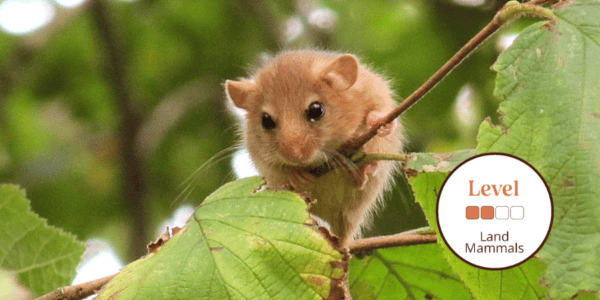
Sat 17, August 2024 10:00 - Sun 18, August 2024 17:00
Please note that this course has a higher fee because it includes in-course transport to field sites away from the centre. If you would like to book accommodation, lunch and an evening meal at the Flatford Mill Field Centre, please email: [email protected]. Please note the Centre may not be able to guarantee accommodation and meals during this course.
-

Mon 19, August 2024 10:00 - Tue 20, August 2024 17:00
Further information and directions to Killerton House can be found here. Please note: field site visits will require you to have your own transport. Car parking is free to National Trust members with a valid membership card, or £4.00 per day for non-National Trust members. There is no charge to Killerton Estate whilst on the course. The venue is unable to offer accommodation with this course, please book local accommodation if you require overnight stays and ensure you take out the appropriate insurance.
No current dates for this course? Click here to view all the upcoming Natural History courses.
Progress Your Learning
This is a training course from the Field Studies Council, delivered by expert tutors with an approachable learning style. After attending this course, you may like to progress your learning with further relevant courses or branch out into other areas of natural history. The Field Studies Council offers both online and in-person courses, so you can choose the learning style that suits you best.
The course gives you the opportunity to immerse yourself in a new subject and acquire novel skills. Our online portal gives you time to study at your own pace and fit the lessons around your own schedule.
If you have any questions about our courses please check our Frequently Asked Questions or email [email protected].
Group Bookings Made Easy
If you have a group of 10 or more individuals wanting to complete one of our courses, our team are available to discuss your options – from discounts to private team courses. Find out more!
You can rest assured that the absolute best content from an expert in environmental education will be at your fingertips. In choosing a Field Studies Council course, you will be joining thousands of people who learn with us each year.

